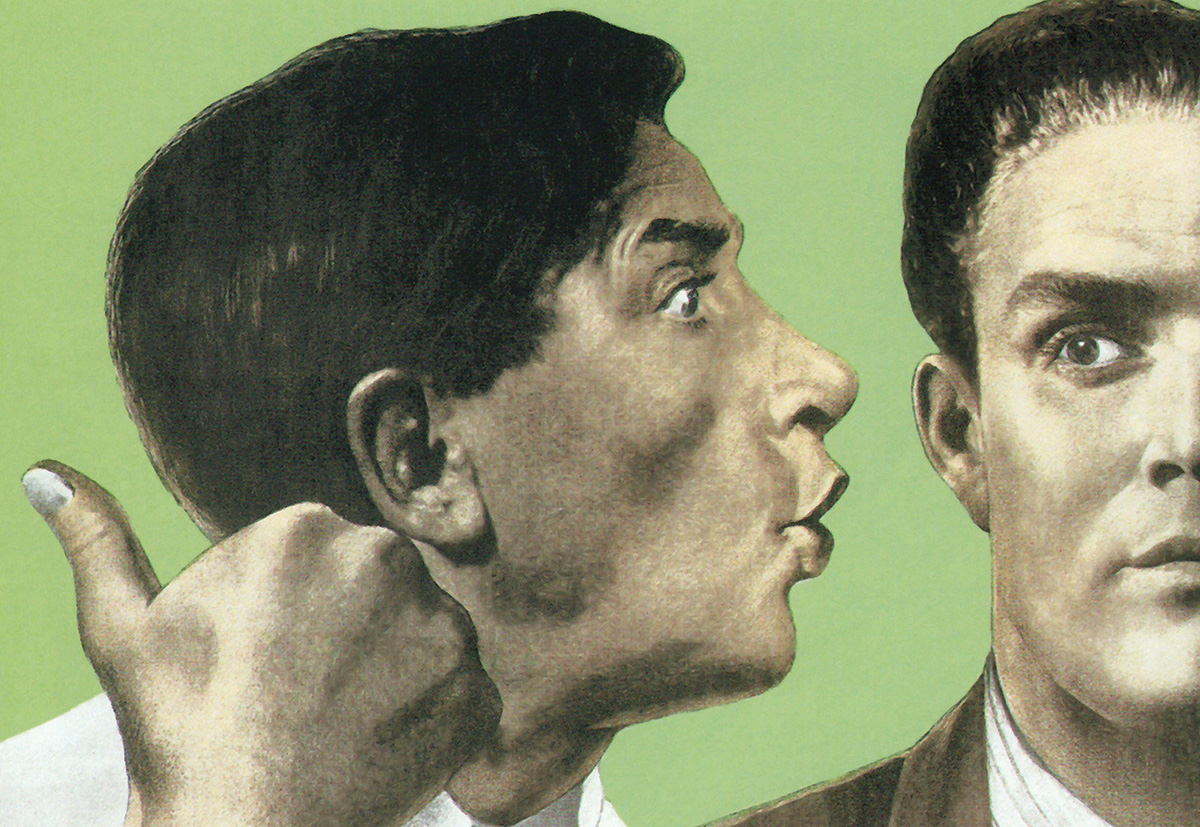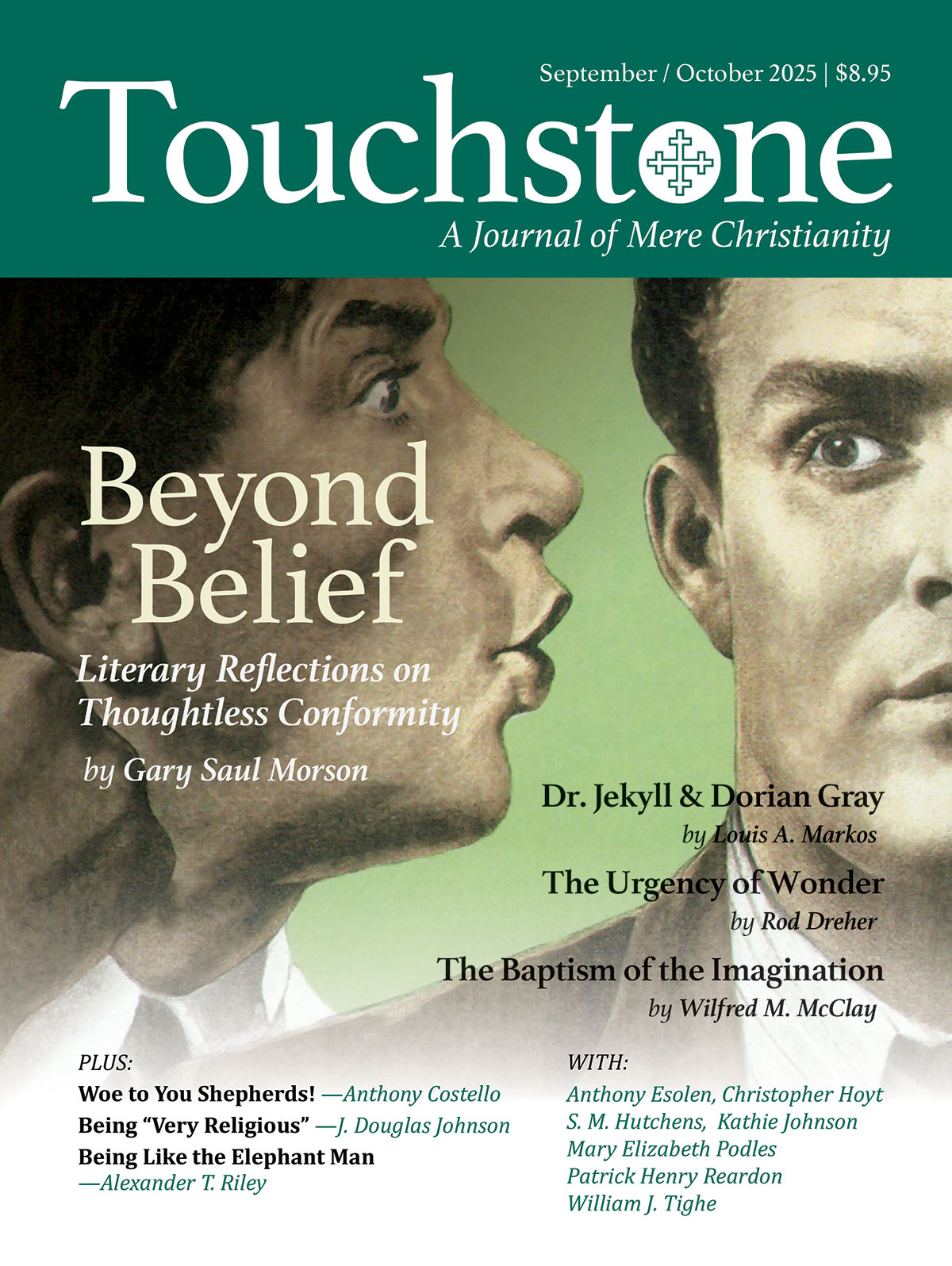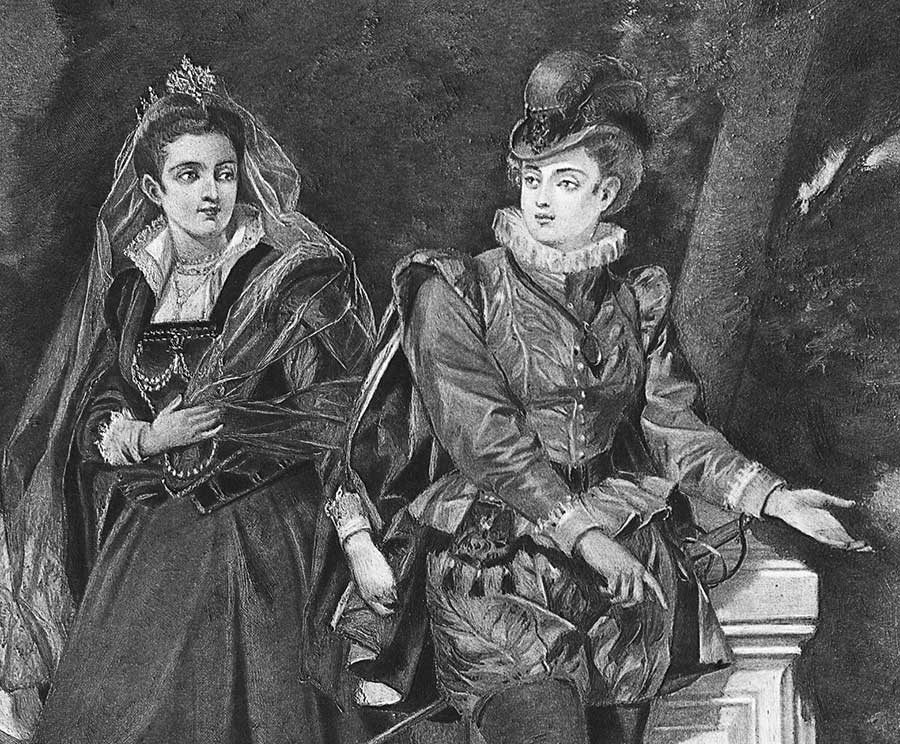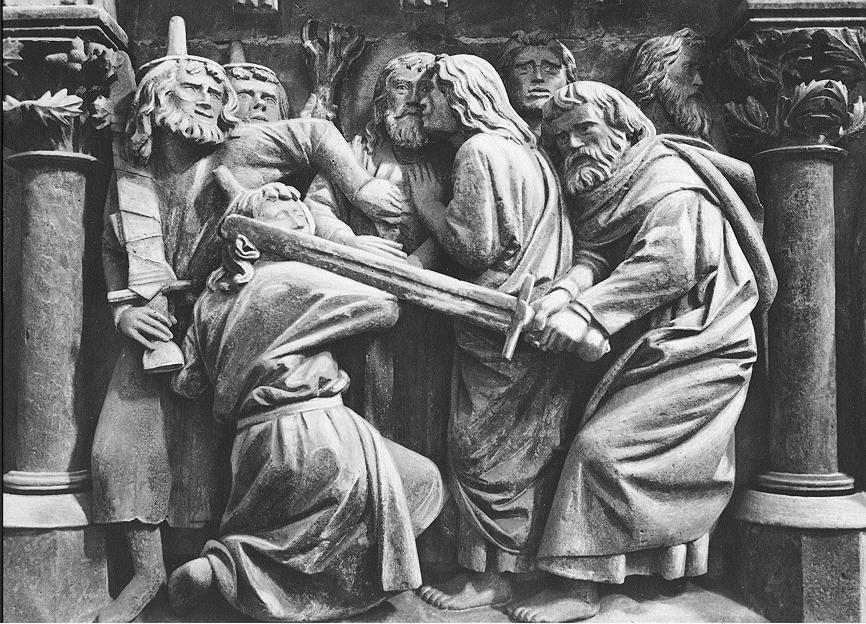Beyond Belief
Literary Reflections on Thoughtless Conformity
What shall a man give in exchange for his soul? —Mark 8:37
Sometimes I wonder whether my colleagues believe what they profess. Can they really think that what Hamas did on October 7, 2023, was something to celebrate? Do they actually consider their fellow citizens who vote differently to be Nazis? And what goes through their minds when evidence disproves assertions they have deemed scientific or otherwise irrefutable? When it turned out that the Covid-19 vaccine did not prevent infection or transmission as claimed, was there a moment in which they realized that those they had condemned as “anti-science” had been right? If not, how did they manage to change their minds without acknowledging they had done so?
These and similar questions about the nature of belief, which have become especially pressing in recent years, have perplexed me for decades. In the 1980s, I witnessed an older professor unsure how to vote at a faculty meeting. Raising his hand halfway, he cautiously looked around to see how his younger colleagues were voting. Seeing that their hands were in their laps, he slowly lowered his, as if he had only raised it to scratch his nose. When they suddenly raised theirs, he did the same, as if he shared their conviction. This cowardly behavior saddened me, because the older professor was far more eminent than his younger colleagues could ever hope to be, but he evidently could not bear to forfeit their good opinion. He sided with them, but what did he really believe?
Hoping to find out, I asked him why he had voted as he did. He offered what seemed like well-considered reasons. He appeared to believe them. It was as if his anxiety to ascertain and copy his younger colleagues had been expunged from his memory. But is that really what belief means? Evidently the feeling of belief can mislead. His reasons were an afterthought, a mere rationalization. What he really seemed to believe was that he should profess whatever was prescribed opinion. Having ascertained that opinion, he seemed to accept it on its merits.
My mind was in a whirl. I recalled Benjamin Franklin’s sardonic observation that man is a rational being because he can always rationalize whatever he wants to do. And then, I would add, he can believe his rationalizations. But is that really believing?
People of faith have long known that belief is not a simple concept. A good deal of Pascal’s Pensées is devoted to the topic. When the father of the boy possessed by an evil spirit implores Jesus, “O Lord, I believe; help Thou my unbelief” (Mark 9:24), what exactly did he mean?
The Package
About a decade after questioning the cowardly professor, when I spent a year in Stanford at the Center for Advanced Studies in the Behavioral Sciences, I happened to witness two professors waiting for an elevator. To make conversation, one voiced an opinion on some political question to see if the other agreed. When she did, they chattered away on a dozen other topics with perfect assurance that they agreed on those, too. Evidently, their beliefs came as a package. Subsequently I noticed this way of thinking many times, as I imagine many of my readers have.
The process works something like this: a person first chooses the group with whom he wishes to identify and then adopts its opinions. He believes as strongly in gun control, let us say, as he does in supporting Planned Parenthood, defunding the police, and banning fossil fuels. It is evident that no arguments or evidence can shake his opinions on any of these topics because arguments or evidence had nothing to do with why they were adopted.
To be sure, a person who thinks this way can cite facts and reasons to justify his opinion, but they have been acquired in the same way as the opinion itself. They are the same reasons others in the group have learned to give. I used to find it eerie to hear repeatedly the same arguments expressed in the same phrases, as if I were listening to a recording rather than to highly educated people who imagined that, unlike their intellectual inferiors, they had arrived at opinions rationally and would change them as evidence warranted. I thought of Jonathan Swift’s observation that no one was ever talked out of an opinion he was not first talked into.
In a sense, a person who holds opinions this way sincerely believes them. He may be genuinely angry when other beliefs are expressed or lose sleep when an election goes the wrong way. And yet, if to believe means to accept a view because one has really thought about it, something other than belief is involved when an opinion is adopted as part of a package. We lack a term for this state of mind. We have to make do with “belief,” while realizing that the word is one term designating many different things.
Tolstoy & Inauthentic Belief
Gary Saul Morson is Lawrence B. Dumas Professor of the Arts and Humanities and Professor of Slavic Languages and Literatures at Northwestern University.
subscription options
Order
Print/Online Subscription

Get six issues (one year) of Touchstone PLUS full online access including pdf downloads for only $39.95. That's only $3.34 per month!
Order
Online Only
Subscription

Get a one-year full-access subscription to the Touchstone online archives for only $19.95. That's only $1.66 per month!
bulk subscriptions
Order Touchstone subscriptions in bulk and save $10 per sub! Each subscription includes 6 issues of Touchstone plus full online access to touchstonemag.com—including archives, videos, and pdf downloads of recent issues for only $29.95 each! Great for churches or study groups.
Transactions will be processed on a secure server.
more on literature from the online archives
more from the online archives
calling all readers
Please Donate
"There are magazines worth reading but few worth saving . . . Touchstone is just such a magazine."
—Alice von Hildebrand
"Here we do not concede one square millimeter of territory to falsehood, folly, contemporary sentimentality, or fashion. We speak the truth, and let God be our judge. . . . Touchstone is the one committedly Christian conservative journal."
—Anthony Esolen, Touchstone senior editor














